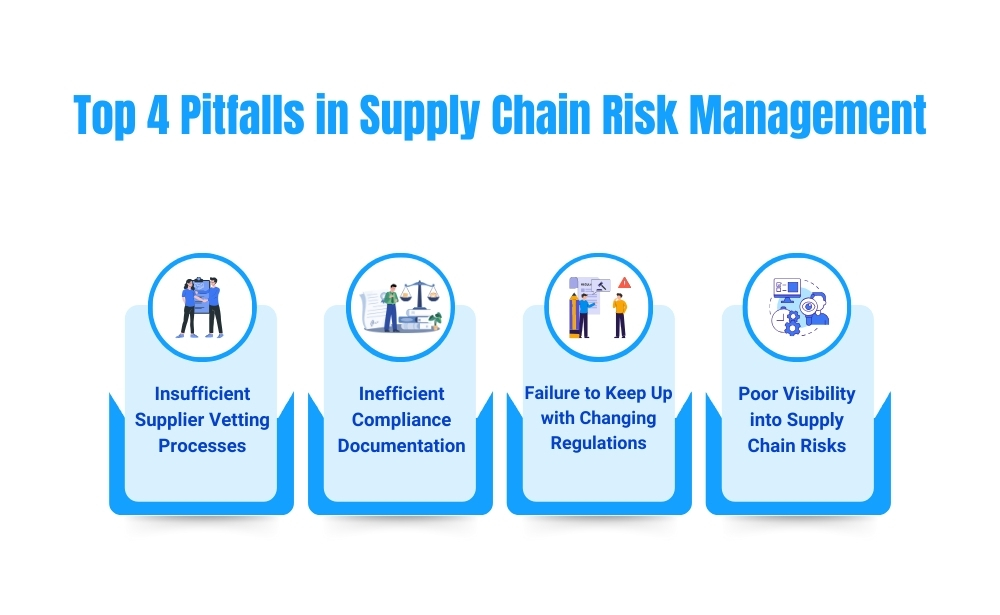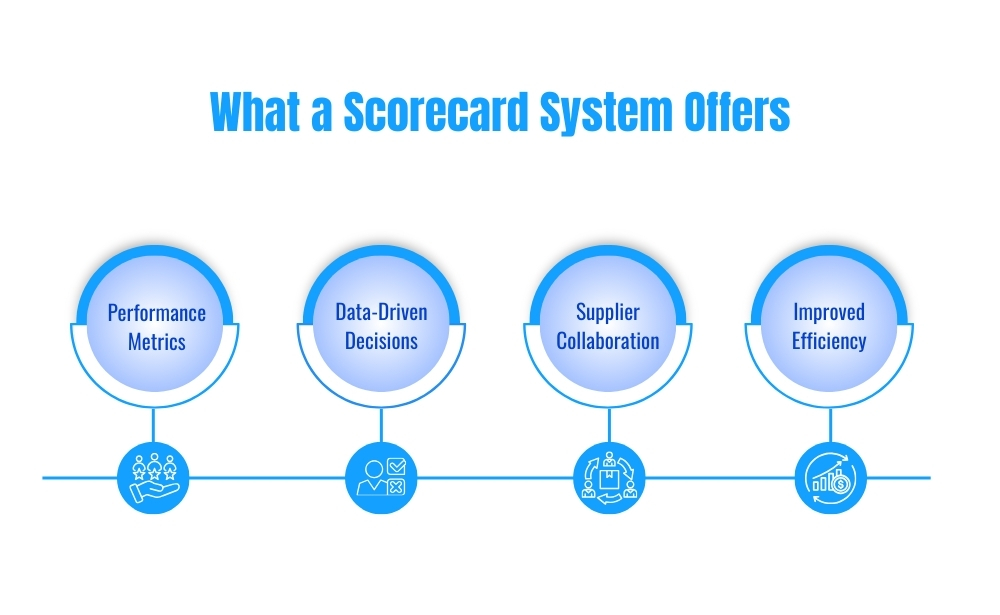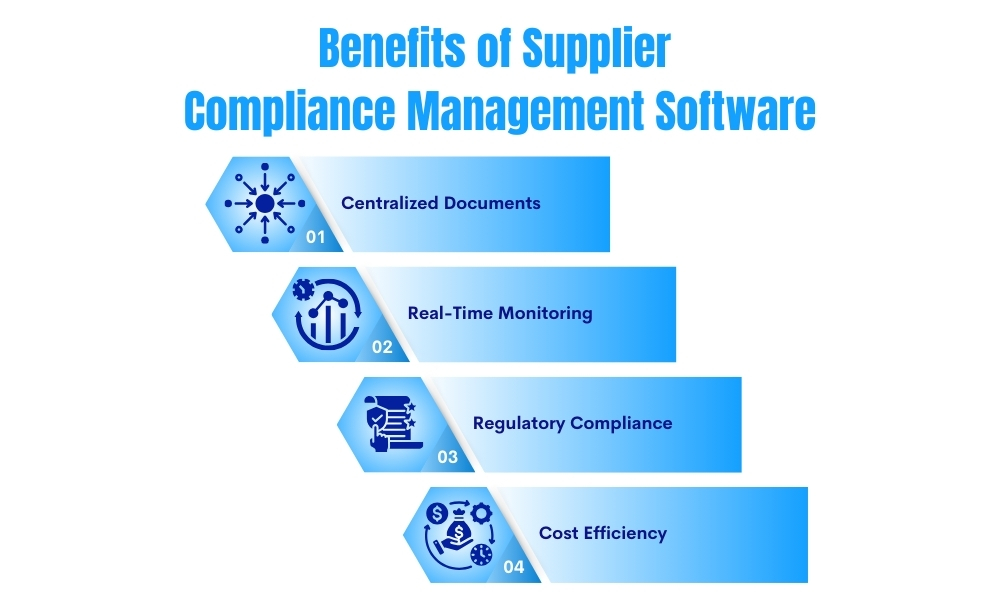Supply chains in the nutraceutical industry are complex and often riddled with risks. From sourcing raw materials to ensuring compliance with strict regulations, the challenges can be overwhelming. Without a structured approach to supply chain risk mitigation, companies risk product recalls, financial losses, and reputational damage. Identifying the pitfalls in supply chain management and addressing them with the right tools and strategies is essential for staying ahead in this competitive market.
Let’s dive into the top pitfalls and how adopting supplier scorecard software and compliance management systems can help mitigate risks effectively.
Why Supply Chain Risk Mitigation Is Crucial in the Nutraceutical Industry
The nutraceutical supply chain involves sourcing ingredients from multiple suppliers, often across borders. Each supplier brings its own set of challenges, including quality inconsistencies, compliance failures, and delivery delays.
Effective supply chain risk mitigation is crucial to ensure:
- Consistent product quality.
- Adherence to local and international regulations.
- Minimization of disruptions caused by unreliable suppliers.
- Maintenance of consumer trust and brand reputation.
Without a proactive risk management strategy, even a small oversight can lead to significant operational and financial consequences.
Top 4 Pitfalls in Supply Chain Risk Management
1. Inadequate Supplier Vetting Processes
The Pitfall:
Many nutraceutical companies rely on outdated or informal methods for vetting suppliers. This often results in partnerships with suppliers who fail to meet quality standards or regulatory requirements.
The Solution:
Implementing a robust supplier evaluation process is key. A supplier scorecard system can help track and measure supplier performance across critical parameters such as:
- Quality consistency.
- Compliance with certifications (e.g., GMP, ISO, FSSC).
- Delivery reliability.
By scoring suppliers based on their performance, you can identify and work with the most reliable partners while addressing gaps with underperforming ones.
2. Poor Visibility into Supply Chain Risks
The Pitfall:
A lack of real-time visibility into supplier data leaves businesses blind to potential risks, such as quality issues or regulatory non-compliance. This is particularly problematic in a global supply chain where suppliers operate under different conditions.
The Solution:
Investing in digital tools that centralize supplier data can offer better visibility into potential risks. A compliance management system enables you to:
- Track supplier certifications and performance.
- Monitor supply chain activities in real-time.
- Identify potential disruptions before they escalate.
For instance, companies can track ingredient quality and ensure it meets nutritional standards before shipment.
3. Failure to Keep Up with Changing Regulations
The Pitfall:
The nutraceutical industry is heavily regulated, and laws governing labeling, ingredient safety, and sourcing practices evolve frequently. Failing to stay updated can lead to penalties, shipment rejections, and even bans in specific markets.
The Solution:
Automation is your best friend here. Supply chain compliance management software can help you:
- Stay updated with regulatory changes in real-time.
- Automatically flag non-compliance issues in supplier scorecards.
- Streamline supplier communication to resolve compliance gaps quickly.
Keeping up with regulations not only protects your business but also ensures a seamless supply chain.
4. Inefficient Compliance Documentation
The Pitfall:
Manually managing supplier documentation is not only time-consuming but also prone to errors. Misplaced COAs, incomplete MSDSs, or missing compliance approvals can cause unnecessary delays during audits and inspections.
The Solution:
Digitizing your documentation workflow is critical. Compliance management software simplifies this by:
- Automating the collection and storage of supplier documents like COAs and SDSs.
- Ensuring all documents are up-to-date and readily accessible for audits.
- Generating real-time alerts for missing or expired documents.
With digitized systems, nutraceutical companies can ensure smooth supply chain management and avoid compliance penalties.
How Supplier Scorecard Software Helps Mitigate Supply Chain Risks
Supplier scorecard software is an invaluable tool for proactive supply chain risk mitigation. It offers:
- Performance Metrics: Evaluate suppliers on key factors like quality, compliance, and delivery timelines.
- Data-Driven Decisions: Identify trends and risks based on historical data and make informed decisions.
- Supplier Collaboration: Share scorecards with suppliers to encourage transparency and improvement.
- Efficiency: Reduce manual work by automating evaluations and reporting.
This system ensures that every supplier in your chain is held to the same high standards, reducing risks and improving overall supply chain performance.
Benefits of Supply Chain Compliance Management Software
Integrating compliance management software into your operations goes beyond tracking risks—it optimizes the entire supply chain. Key benefits include:
- Centralized Supplier Data: Keep all compliance records, certifications, and performance metrics in one place.
- Real-Time Monitoring: Identify and address potential issues immediately.
- Regulatory Compliance: Stay ahead of global regulatory changes and ensure all suppliers meet necessary standards.
- Cost Efficiency: Save time and resources by automating repetitive tasks and reducing manual errors.
Such software ensures that your supply chain remains agile and prepared to handle challenges effectively.
Conclusion
Supply chain risk management is not just about minimizing risks—it’s about creating a resilient, efficient system that drives consistent quality and compliance. By addressing common pitfalls such as inadequate supplier vetting, poor visibility, regulatory failures, and inefficient documentation, nutraceutical companies can build stronger, more reliable supply chains.
Tools like supplier scorecards and compliance management systems from AsterDocs play a vital role in enabling effective supply chain risk mitigation, ensuring your business stays competitive in an ever-evolving market.
Looking for solutions to simplify and optimize your supply chain management? Visit our website today.
















